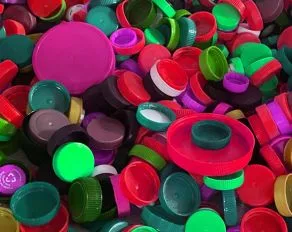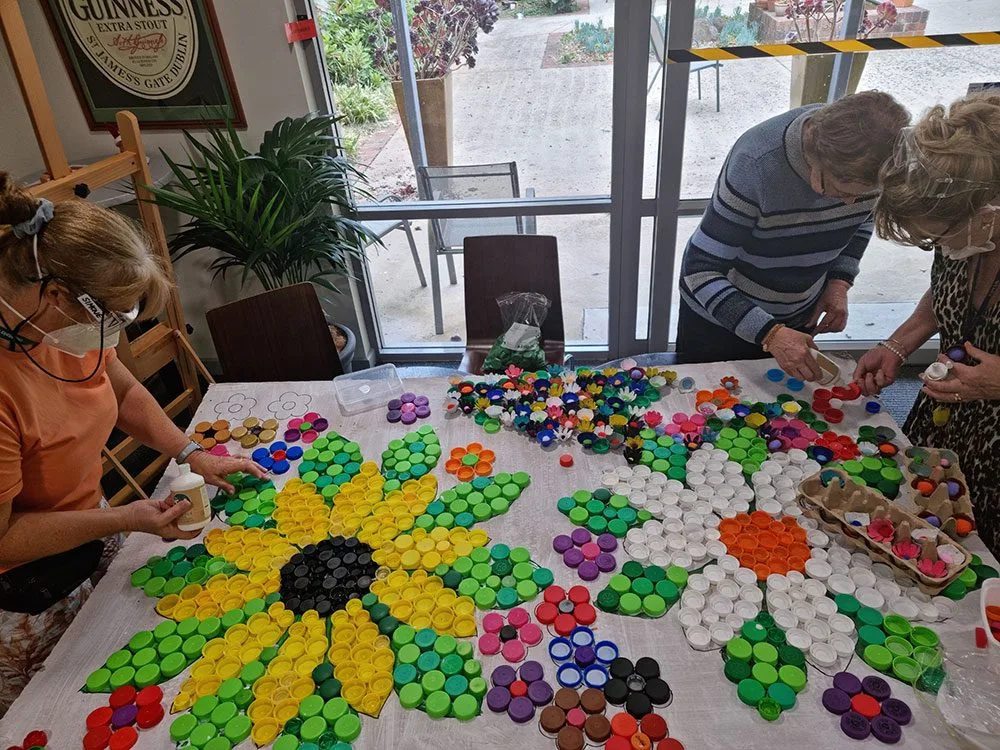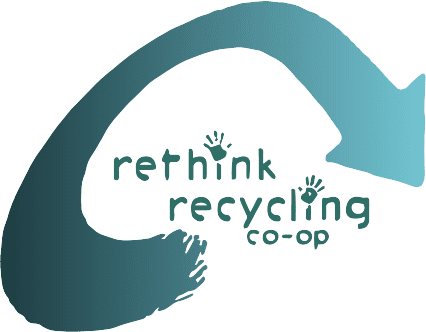

The following text is an excerpt from Consumption of plastic lids in Australia: A Case Study by Daniel Andres Velasquez Giraldo. You will find a link to the full document below.
Over the last 50 years, plastic has changed the way we package. It is cheap, easy to mould, lightweight and incredibly durable, which makes it of critical functional importance for almost everything in our lives, especially in the medicine and food industries. However, plastic production is now being overly used and misused, such as in the case of single-use plastic (SUP), which has had a great impact on natural resources and the environment (Milà I Canals, 2021).
One of the problems involved in SUP use is the inappropriate disposal of the plastic at the end of its use cycle. Large amounts of it are ending up in the environment, contributing to the pollution of land and water. This is evidenced by low recycling rates – in Australia, only 13% of total plastic used is being recycled (DAWE, 2021). Furthermore, from one million tonnes used for packaging, only 6.1% was recovered between 2018-19 (Envisage Works, IndustryEdge, Randell Environmental Consulting and Sustainable Resource Use 2021a).
In other words, a valuable resource is being discarded, and with it the embodied energy and resources that were used in the manufacturing process. Many factors contribute to this problem. Australia’s fragmented recycling industry depends on what is stipulated in each state’s legislation, leaving some city councils to manage the kerbside collection themselves and others to rely on contractors. This can be costly and go unchecked. Additionally, there is a lack of technology and infrastructure to process large amounts of “waste” plastic into new products. Finally, the fact that it is cheaper to use imported virgin plastic rather than recycled, provides very few incentives for ensuring correct disposal and recycling (WWF 2021).
Some non-profit organisations are implementing new recycling practices, such as recycling items that are not commonly taken by the kerbside system (e.g. plastic lids, rings and bread tags). In addition, some organisations are working towards connecting consumers and recyclers around Australia, with the aim of ensuring that plastic is correctly managed. For example, Rethink Recycling Co-op not only connects consumers and community with business for a more sustainable environment, but also educates communities about the importance of being responsible for what people consume and its final disposal.
